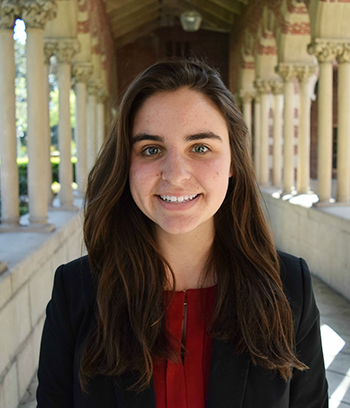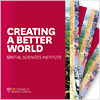The Spatial Studies minor affords students a plethora of opportunities to apply spatial thinking to their own major courses of study. As a Sociology major, Spatial Studies enables me to quantify social outcomes related to public health and educational attainment based on geographic location. I am particularly interested in the use of spatial reasoning to quantify issues of environmental racism, food insecurity, and natural resource management. A minor in spatial studies is extremely conducive to improving one’s quantitative skillset, and matching sociology with spatial studies enables me to complete research with practical applications, rather than just as an academic exercise.
In Spring 2017, I completed a pro-bono consulting project for a non-profit in South Los Angeles that is focused on introducing more fresh produce into South LA neighborhoods to address nutritional inadequacies among South LA residents. A major part of my work with the non-profit included mapping out different grocery stores and restaurants in South LA to identify existing food deserts and consider ways to start sourcing more produce to these areas. Projects like this exemplify how spatial thinking is an extremely valuable and versatile skill that can be applied to areas such as business development, public policy, social science research, and non-profit operations. I was thrilled to use spatial thinking to provide actionable recommendations to the non-profit, and I look forward to more projects in which I can contribute to long-term social impact through strategic research using the spatial studies minor.
Editor's note:
After graduating in May 2019, Erin spent the remainder of May and June in Balaka, Malawi, working on Tsogolo la Thanzi, a longitudinal study to examine how young people navigate reproduction in an AIDS epidemic.
Then in July 2019, she joined RTI International in its Center for the Health of At-Risk Populations as a public health research analyst.





